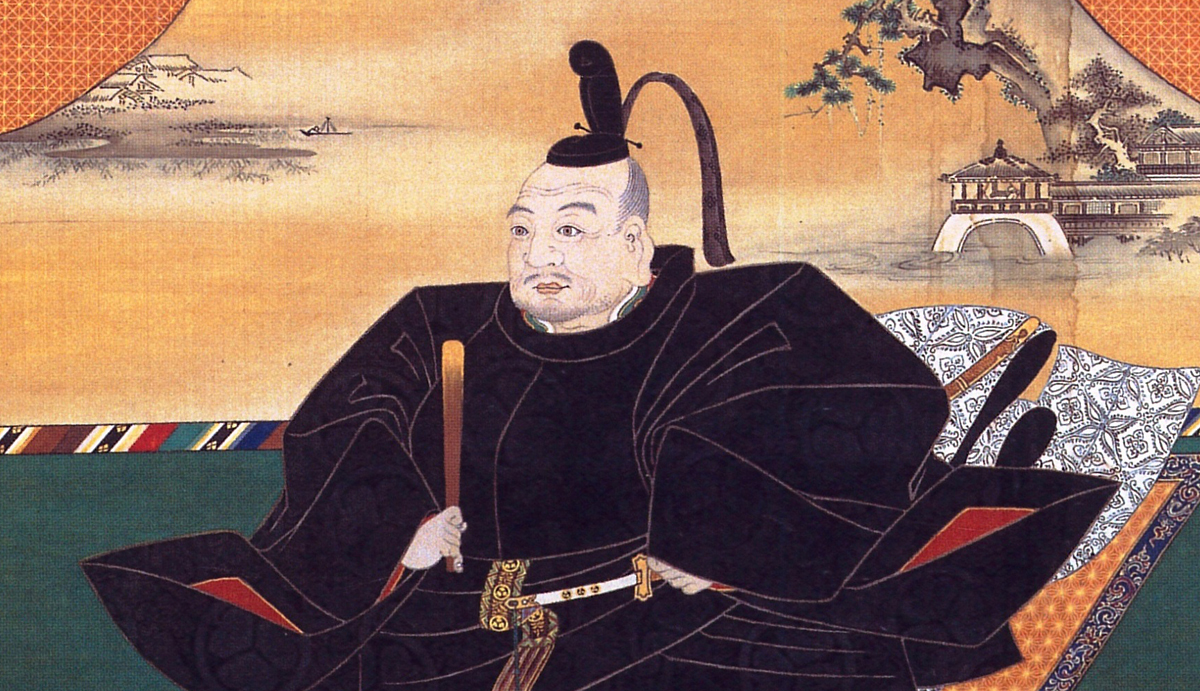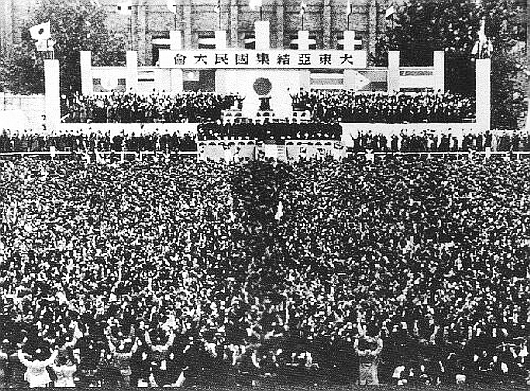FASCISM IN JAPAN

The ideas of fascism and nationalism that emerged in Japan in the 1930's were nothing new. If anything, these ideas were a logical extension of Japanese intellectual thought, and Japanese history. Japan has had a warrior culture for a long time going back into the original establishment of the state of Japan in the 6th and 7th centuries. This has been a key part of Japan. The samurai culture and the study of it have very deep roots in Japan. The problem is that after the defeat of Japan in World War II there was an attempt to sort of invent an imaginary Japan, or try to sugarcoat what happened. To understand Japan today as an extension of its history, you have to look at the miraculous rise of Japan in the 19th century. Japan was the only third world state that was able to resist and defeat the onslaught of Western imperialism. It did this with a very militant society, going back to the culture of the Samurai and the ideas of Zen Buddhism.

The founder of the Shogunate.
In terms of Japan in the 20th century, there's absolutely no question that the government that emerged in the 1930s in Japan was a fascist government. The ideas popular in fascist Japan were very much in keeping with their history and religion, in terms of ideas in both Buddhism and Shintoism. Indeed, Ishihara, the military mastermind of the Japanese seizure of Manchukuo, was a fanatical follower of Nichiren Buddhism.

Japan's Foreign Minister meets Hitler in Berlin.
Now part of the problem in understanding Japan in the 1930s and the whole ideology is the mixed up view that the West has of Buddhism, and the attempt to portray Buddhism as some sort of pacifist religion which is just a bunch of nonsense, but that's a key part of the Western view. This is simply not true going back to the warrior monks of China and a whole series of other things that we could discuss at length.
In particular the modern idea of Tibetan Buddhism as a pacifist religion is the creation of the current Dalai Lama, not of Tibetan Buddhism. Tibet has a long history as warrior state and so the evolution of Japan in the 1930s towards an authoritarian state was very much grounded in the origins of Japanese ideology.
Official
Japanese Announcement of Co-Prosperity Sphere 1940
Official
Japanese Statement on World Situation, January 1941
Tojo's
Speech to 1943 Asian Summit Meeting
Way of the Subjects (Japanese)
Origin of the State (Japanese)
BOOKS
Moving Toward Stillness: Lessons in Daily Life from the Martial Ways of Japan
Nichiren: Leader of Buddhist Reformation in Japan
Shinto and the State, 1868-1988
BUSHIDO
Bushido: The Way of the Samurai
Bushido: Samurai Ethics and the Soul of Japan
THE BOOK OF FIVE RINGS
Book of Five Rings: Classic Guide to Strategy
THE SAMURAI
Hagakure: The Book of the Samurai
The Code of the Samurai: A Modern Translation of the Bushido Shoshinshu of Taira Shigesuke
The Samurai Series: The Book of Five Rings, Bushido and Hagakure
ZEN AT WAR
